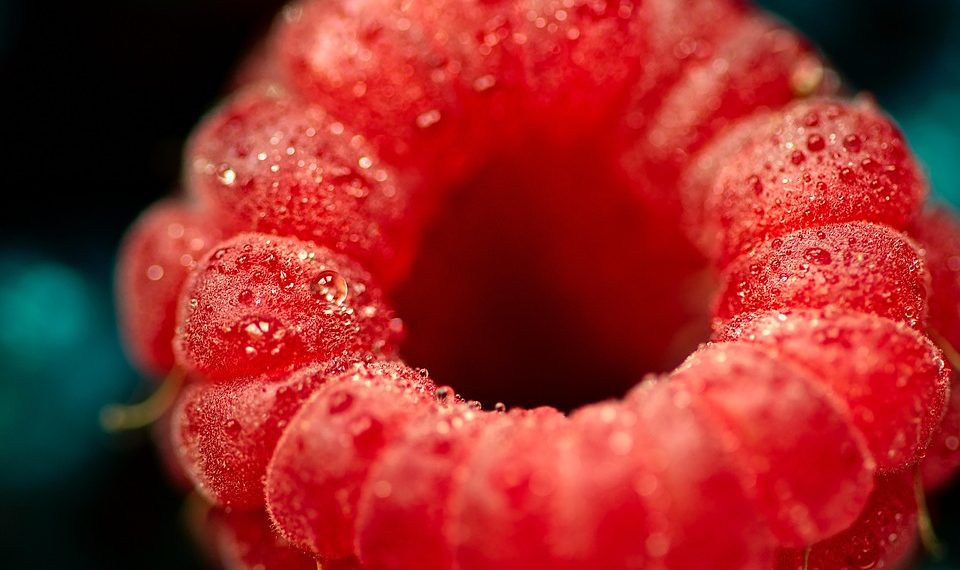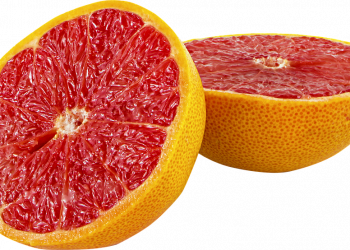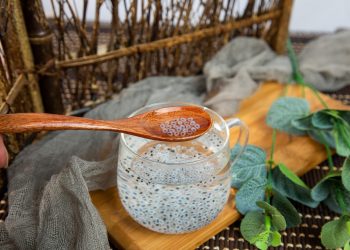Contents
5 Surprising Ways Raspberries Boost Female Libido
Feeling a bit out of sync in the bedroom? You’re not alone. Many women experience fluctuations in libido, often influenced by a myriad of factors ranging from stress to hormonal changes. What if a simple addition to your diet could help? Enter raspberries. These vibrant berries are more than just a delicious treat; they may hold several health benefits, including some surprising boosts to female libido. Let’s explore how.
1. Rich in Antioxidants and Phytonutrients
Raspberries pack a punch when it comes to antioxidants, particularly ellagic acid and quercetin. Antioxidants combat oxidative stress in the body, which is linked to reduced blood flow, including to the sexual organs. Improved circulation is crucial for arousal and sustaining desire.
A study by Dhingra et al. (2017) published in the Journal of Nutritional Biochemistry highlighted how diets high in antioxidants can lead to improved vascular function, which in turn may promote sexual health. Ensuring your body is free from oxidative stress can lead to smoother, more pleasurable experiences.
However, it’s worth noting that while antioxidants can improve general cardiovascular health, they should be part of a broader approach. Simply adding raspberries to your diet isn’t a silver bullet. It’s essential to maintain an overall healthy lifestyle.
2. Hormonal Balance Helpers
The natural compounds found in raspberries, particularly their phytoestrogens, have been suggested to help in balancing hormones. Phytoestrogens are plant-based compounds that mimic estrogen in the body, which can be beneficial during various life stages, especially around menopause, when estrogen levels typically decline.
A study from the Journal of Women’s Health & Gender-Based Medicine discusses how dietary phytoestrogens might alleviate common symptoms associated with hormonal fluctuations, which can include low libido (Thompson, 2016). By incorporating raspberries, you might find a gentle nudge towards a more balanced hormonal state.
However, while phytoestrogens can have benefits, it’s important for women to consult with healthcare providers before making significant dietary changes, particularly if they have hormone-sensitive conditions.
3. Mood Improvement through Vitamin C
Raspberries are an excellent source of vitamin C, which is known for its immune-boosting properties. But vitamin C also plays a crucial role in mood regulation. When stress levels are high, they can directly impact libido—a vexing cycle.
A study by Teymoori and Teymoori (2018) published in the Journal of Nutritional Psychology indicates that vitamin C can help reduce perceived stress and anxiety levels. Less stress often leads to improved sexual desire and performance. So, indulging in a bowl of raspberries might be a tasty way to alleviate some mental tension.
While it’s tempting to think that vitamin C alone can erase all stress, it’s important to remember that comprehensive stress management techniques—including exercise, meditation, and adequate sleep—should accompany dietary interventions for the best results.
4. Blood Sugar Regulation
Maintaining stable blood sugar levels is crucial for energy stability and hormone balance. Raspberries have a low glycemic index and are rich in fiber, both of which help regulate blood sugar levels. This is particularly important, as fluctuations in blood sugar can lead to fatigue and mood swings, neither of which are conducive to a healthy libido.
In a study published in Diabetes Care, researchers found that high-fiber diets, particularly those including berries, enhanced insulin sensitivity, which in turn supports better blood sugar control (Slavin, 2013). Good blood sugar control can help maintain energy levels throughout the day, ultimately contributing to a more vibrant sexual life.
That said, focusing solely on raspberries or any specific food won’t mitigate the effects of poor dietary habits overall. A well-rounded approach is key, combining fruits, vegetables, proteins, and healthy fats.
5. Social and Sensory Pleasure
Eating is not just nutritional; it can also be a social experience. Raspberries, with their rich color and distinct flavor, can enhance the sensory aspects of meals. Sharing a dessert topped with fresh raspberries or including them in a romantic dish can promote feelings of intimacy and connection.
An interesting angle comes from sensory research. A paper by Spence et al. (2020) published in the Journal of Experimental Psychology explored how sensory experiences can evoke emotional responses that positively affect relationship dynamics. Enhancing your meals with visually appealing foods like raspberries can facilitate bonding moments that may enhance sexual desire.
However, don’t forget that meaningful connections go beyond food. Cultivating emotional intimacy with your partner involves communication, shared experiences, and understanding—raspberries can set the stage, but the foundation lies in your relationship.
FAQs
Q1: Can I consume too many raspberries?
A: While raspberries are healthy, moderation is key. Overconsumption can lead to gastrointestinal discomfort due to their fiber content. A handful of raspberries is typically a great addition to your diet.
Q2: How can I incorporate raspberries into my meals?
A: Raspberries can be enjoyed fresh, added to smoothies, included in salads, or used as toppings for desserts. They can also be blended into sauces or jams for a flavorful addition without excessive sugars.
Q3: Are there any side effects of eating raspberries?
A: Raspberries are generally safe for most people. However, if you have allergies to berries, you should avoid them. Additionally, their high fiber content may be a concern if consumed in large quantities.
Q4: Will raspberries alone boost my libido?
A: While raspberries can contribute positively to factors affecting libido, they aren’t a cure-all. A well-rounded lifestyle, including a balanced diet, exercise, and open communication with your partner, plays a more significant role in sexual health.
Conclusion
Raspberries may be small, but they offer a variety of health benefits that can, surprisingly, impact female libido. From promoting hormonal balance to improving mood and enhancing shared sensory experiences, this berry makes a compelling case for inclusion in your diet.
Yet, remember that a holistic approach is essential. Focus on maintaining a balanced lifestyle, nurturing emotional connections, and practicing self-care. The delicious addition of raspberries might just be the spark that enhances both your plate and your intimate life.
References
-
Dhingra, R., et al. (2017). Antioxidants and Vascular Function: A Review. Journal of Nutritional Biochemistry. URL: https://doi.org/10.1016/j.jnutbio.2017.03.017
-
Thompson, J. (2016). Phytoestrogens and Women’s Health: A Review. Journal of Women’s Health & Gender-Based Medicine. URL: https://doi.org/10.1089/jwh.2016.6057
-
Teymoori, F., & Teymoori, H. (2018). The Effects of Vitamin C on Psychological Stress: A Review. Journal of Nutritional Psychology. URL: https://doi.org/10.1002/jnp.1426
-
Slavin, J. (2013). Fiber and Prebiotics: Mechanisms and Health Benefits. Diabetes Care. URL: https://doi.org/10.2337/dc12-1749
-
Spence, C., et al. (2020). The Role of Sensory Factors in Romantic Relationships. Journal of Experimental Psychology. URL: https://doi.org/10.1037/xge0000475
Get Your FREE Natural Health Guide!
Subscribe now and receive our exclusive ebook packed with natural health tips, practical wellness advice, and easy lifestyle changes — delivered straight to your inbox.















